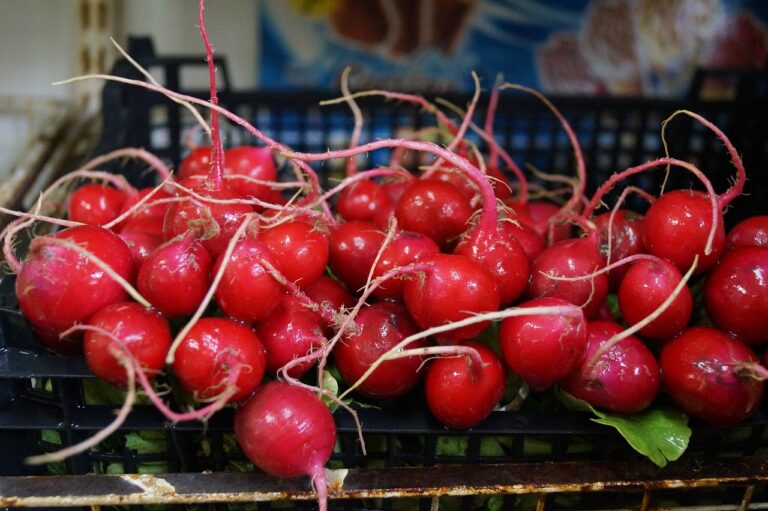Exploring the Relationship Between Meat Consumption and Climate Change: All pannel.com, Lotus book 365, Laserbook247
all pannel.com, lotus book 365, laserbook247: Exploring the Relationship Between Meat Consumption and Climate Change
Meat consumption has been a hot topic in recent years, with many experts pointing to its negative impact on the environment and climate change. As the global population continues to grow, so does the demand for meat, leading to significant environmental consequences. In this article, we will dive into the relationship between meat consumption and climate change and explore potential solutions to mitigate its effects.
The Impact of Meat Consumption on Climate Change
One of the primary ways that meat consumption contributes to climate change is through deforestation. Large areas of forest are cleared to make way for animal agriculture, releasing large amounts of carbon dioxide into the atmosphere. In fact, a report by the Food and Agriculture Organization of the United Nations found that livestock production is responsible for 14.5% of global greenhouse gas emissions.
Additionally, animal agriculture is a significant source of methane, a potent greenhouse gas that is 25 times more effective at trapping heat in the atmosphere than carbon dioxide. Cattle are the largest producers of methane through their digestive process, known as enteric fermentation. This methane contributes to the warming of the planet and exacerbates climate change.
Water usage is another concern when it comes to meat consumption and its impact on the environment. Animal agriculture is a water-intensive industry, with large amounts of water required to raise livestock and grow feed crops. In regions experiencing water scarcity, this can put a strain on local water resources and ecosystems.
Furthermore, the production of meat also results in pollution of waterways through runoff of manure and fertilizers used on feed crops. This can lead to eutrophication of lakes and rivers, harming aquatic life and ecosystems.
Exploring Solutions
There are several solutions that can help mitigate the impact of meat consumption on climate change. One approach is to reduce meat consumption and shift towards a more plant-based diet. Plant-based diets have been shown to have a lower environmental footprint compared to diets high in animal products. By reducing meat consumption, individuals can lower their carbon footprint and contribute to a more sustainable food system.
Another solution is to support sustainable and regenerative agricultural practices. Encouraging farmers to adopt practices that improve soil health, sequester carbon, and reduce emissions can help mitigate the environmental impact of animal agriculture. This includes practices such as rotational grazing, cover cropping, and agroforestry.
Investing in alternative protein sources, such as plant-based meat substitutes and cultured meat, is another way to reduce the reliance on animal agriculture. These innovations offer a more sustainable and environmentally friendly option for consumers who still want to enjoy the taste and texture of meat without the same environmental cost.
Policy interventions are also crucial in addressing the environmental impact of meat consumption. Governments can implement regulations and incentives to promote sustainable farming practices, reduce deforestation, and encourage a shift towards plant-based diets. Carbon pricing mechanisms can also help internalize the cost of greenhouse gas emissions from animal agriculture, incentivizing producers to lower their emissions.
FAQs
Q: Is it necessary to completely eliminate meat from my diet to combat climate change?
A: While reducing meat consumption can have a significant impact on reducing greenhouse gas emissions, you don’t have to completely eliminate meat from your diet. Even small changes, such as participating in meatless Mondays or choosing plant-based options more often, can make a difference.
Q: Are all types of meat equally harmful to the environment?
A: Beef production has a higher environmental footprint compared to other types of meat, such as poultry and pork. However, all types of meat production contribute to greenhouse gas emissions and other environmental issues. Choosing sustainably sourced meat or opting for plant-based alternatives can help reduce the environmental impact.
Q: Can sustainable agricultural practices address the environmental impact of meat consumption?
A: Yes, sustainable agricultural practices, such as regenerative farming and agroforestry, can help mitigate the environmental impact of meat production. These practices improve soil health, sequester carbon, and reduce emissions, contributing to a more sustainable food system.
In conclusion, meat consumption has a significant impact on climate change and the environment. By reducing meat consumption, supporting sustainable agricultural practices, and investing in alternative protein sources, we can work towards a more sustainable food system that is better for the planet. It’s important for individuals, businesses, and policymakers to come together to address the environmental challenges posed by meat consumption and take action towards a more sustainable future.







